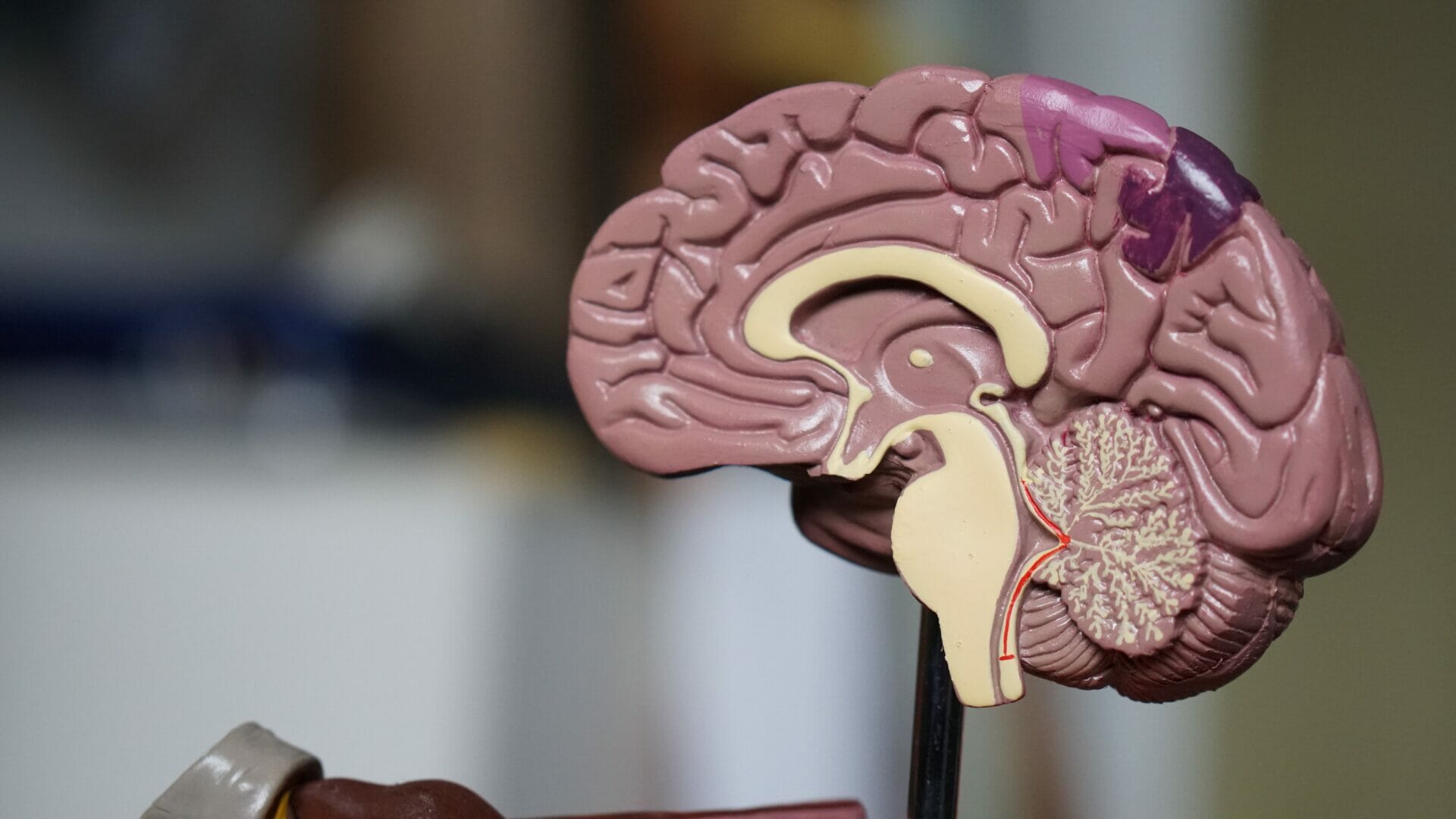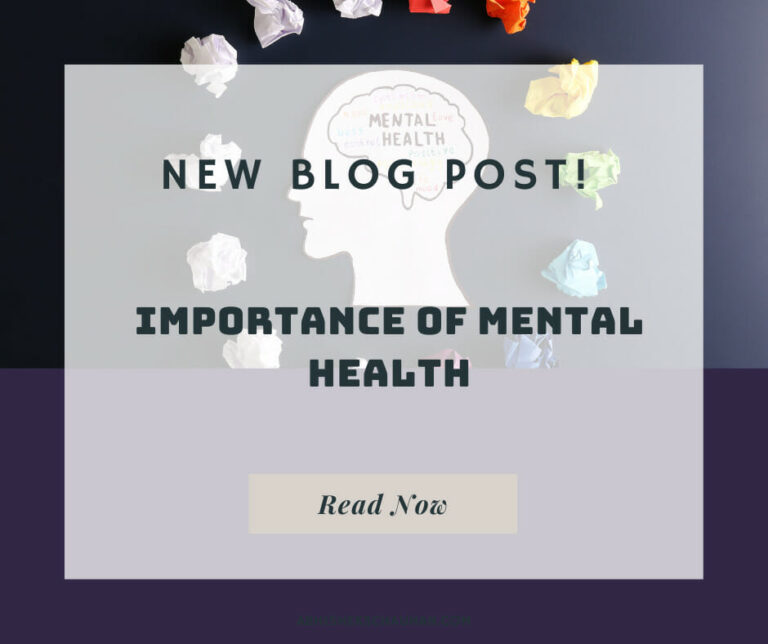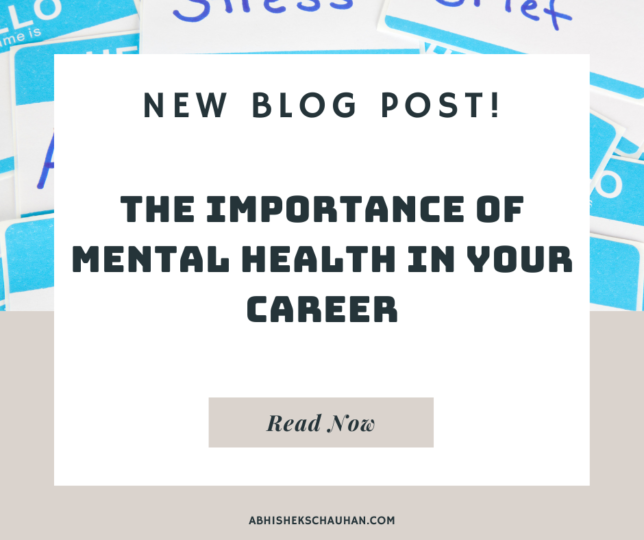Mental Health: It’s Not Just a Crisis!
Mental health is a topic often spoken about in hushed tones as if it’s a disease that must be kept hidden. But mental health is not just a crisis – it’s an everyday reality for many people. This blog will explore mental health, the myths and misconceptions about mental health, the signs and symptoms of mental health problems, and how you can improve your mental health. We’ll also discuss how to get help if needed and take care of yourself when you have a mental health problem. So read on and learn everything you need to know about mental health!
What is mental health?
Mental health is a state of mind, not a disease. This means that mental health issues don’t just affect adults; children and teenagers can also experience them. Mental health disorders can be severe and may even require professional help. Talking about mental health with your friends, family, and clergy members is essential because they can help you get the support you need. It’s also important to remember that mental health is not a one-time event; it’s something that can persist over time. So if you’re feeling down, don’t hesitate to seek help. There are many types of mental health disorders, all of which can be serious, but with the proper support, you can get through anything.

Myths about mental health
Mental health is a taboo topic and for a good reason. There are a lot of myths about mental health, and it’s important to dispel them. For example, mental health is not just a crisis – it’s an everyday struggle. Talking about your feelings is okay, especially if you’re struggling with mental health issues. Reach out for help, whether talking to a friend or seeking professional assistance. By discussing mental health, we can start to break the stigma and open up more discussions on the topic. Together, we can work to create a more compassionate and supportive society for everyone who suffers from mental health issues.
Signs and symptoms of mental health problems
Mental health is a big deal! Too often, mental health problems go undiagnosed and untreated, resulting in many negative consequences. That’s why it’s important to be aware of the signs and symptoms of mental health problems. If you notice any of the following, it’s important to get help as soon as possible: stress, anxiety, mood swings, trouble sleeping, problems concentrating or making decisions, or personality changes. Remember that there is always hope – even when things feel bleak at first glance! So don’t hesitate to reach out for help. Many options are available, from talking to a friend, therapist, or counsellor, to self-help books or online resources. Just be persistent and persistent until you find the right one that works for you!
Obsessive compulsive disorder (OCD)
Obsessive compulsive disorder, or OCD for short, is a mental health condition that causes people to have intrusive and persistent thoughts. People with OCD often find it challenging to focus on anything else and become very agitated. Many treatments work in different ways, but the most important thing is that somebody gets help. Support groups and clinics across the country can provide you with all the necessary assistance. Remember – mental health problems aren’t just a crisis – they’re an illness!
Post-traumatic stress disorder (PTSD)
Post-traumatic stress disorder (PTSD) is a condition that can be difficult to spot, especially in the early stages. However, many signs and symptoms of PTSD can easily be noticed by someone who knows what to look for. For example, people with PTSD may experience flashbacks or nightmares, constantly feel on edge or stressed out even when there is no reason for it, have trouble sleeping or concentrating on tasks, and exhibit irrational thoughts. Treatment usually involves cognitive behavioural therapy (CBT), which helps patients learn different techniques to control their anxiety and stress levels. Remember – mental health problems are not just a crisis! They are an illness that requires treatment and care. If you or someone you know is struggling with mental health problems, don’t hesitate to reach out for help!

Anxiety disorders
Anxiety disorders can be pretty debilitating and affect everyone differently. If you’re worried that you might have one, getting help as soon as possible is important! There are many types of anxiety disorders, some of which may not even show signs or symptoms. If left untreated, anxiety disorders can worsen over time, leading to serious health complications such as heart disease or stroke. Therefore, it is crucial for anyone who suspects they might have an anxiety disorder to seek professional help right away!
Substance abuse
Various factors, including substance abuse, can cause mental health problems. Substance abuse often leads to mental health problems in its own right, and it’s essential to be aware of the signs that someone you know may be struggling with this issue. Smoking, drinking, and using drugs all have adverse mental health effects on their users – whether they’re occasional or chronic. If you think someone you know may be struggling with substance abuse issues, talk to them about it! Talking openly about mental health disorders can help both parties deal better with the problem.
What are the different types of mental health?
Mental health isn’t just a crisis! It’s an ongoing struggle that can affect anyone at any time. Mental health disorders differ for each person, and each experiences mental health differently. If you’re struggling with mental health, it’s essential to seek out help. There are different types of mental health, and each person experiences them differently. What might be helpful for one person might not be helpful for another. The sooner you find the right support system; the easier things will be moving forward. Many resources are available to help you in your journey, so don’t hesitate to reach out. You’re not alone!
How can I improve my mental health?
Mental health is an important topic that deserves attention and care. It’s not just a crisis – it’s an illness that can be treated and improved with the help of friends, family, and professionals. Here are four ways you can improve your mental health:
Practice Mindfulness
Maintaining mental health is essential not only in the short term but also over the long run. Many studies have shown that mindfulness can improve your mental well-being in various ways. You can practice mindfulness in different ways – for example, by meditating or reading self-help books. However, what matters most is how regularly you commit to practising it and how persistent you are in sticking to it. Mindfulness doesn’t necessarily require any special facilities or equipment; all you need is some time and patience!

Embrace Self-Care
Self-care is a term that has been gaining popularity in recent years. In essence, it refers to taking care of yourself mentally and emotionally by embracing different self-care methods. Mental health shouldn’t be seen as a crisis – it’s an opportunity to take action and improve your life. By recognizing that you have a problem, you can start to address it head-on. This might involve talking about your struggles with friends or family members, seeing a therapist or counsellor for help, making changes in your lifestyle, etc. Remember – mental health is just as treatable as any physical illness! So don’t feel ashamed or embarrassed about seeking professional assistance; mental health disorders do not discriminate!
How to get help if I have a mental health problem?
Mental health problems can be debilitating. But don’t be afraid to get help! There are many different ways to get help, so find the one that’s best for you. Remember: it is okay not to feel okay. There is support out there – reach out and ask for help. If you’re concerned about your mental health, talk to someone. Mental health problems can be treated, so don’t hesitate to seek help.
Frequently Asked Questions
Can talking about mental health openly help to improve it for others around me?
Yes, talking openly and honestly about mental health can help to improve it for others around you. When someone speaks out and opens up about their experience with mental health, they are taking an important step in breaking the silence. This can be hugely beneficial because by doing so, we can start breaking down mental health barriers and help more people get the treatment and support they need. Mental health is a topic that is often stigmatized, but by discussing it openly, we can break down the barriers that surround it and start to see mental health as just another health condition.
What do I do if depression or psychosis strikes me unexpectedly?
If you or someone you know is experiencing a mental health crisis, do not hesitate to seek help. Mental health crises can be defined as any problem causing distress or discomfort and can strike anyone at any time. Depending on your location, mental health crisis services can be accessed in several different ways. Sometimes, people can contact their local police department or ambulance service for help. However, sometimes the most important thing is to talk about what’s happening; sharing your thoughts and feelings with somebody can make all the difference.
How can I identify and deal with stress in my life?
When it comes to stress, the first step is acknowledging that you are feeling stressed and taking some time for yourself. This can be done by walking, practising yoga, or listening to music. Also, establish healthy boundaries with people and relationships in your life. Make sure they don’t take away your happiness and that your happiness is the only thing that matters to you. Finally, speak up about your feelings and find ways to manage stress better.
What are some ways that I can reduce my anxiety levels?
There are a few ways that you can reduce anxiety levels.
1. Get enough good quality sleep every night: One of the most important things you can do to reduce anxiety levels is getting good quality sleep. Make sure to go to bed and wake up at the same time each day, avoid watching television or using electronic devices in bed, and avoid stress-related activities before bedtime.
2. Meditation is effective in reducing anxiety and improving focus and concentration. You can practice meditation for 20-30 minutes daily to achieve these benefits.
3. Nutrition plays a significant role in mental health as it can affect our moods, stress levels, energy level, and sleep quality. If you’re struggling with anxiety or any other mental health condition, make sure to eat a balanced and healthy diet with lots of fruits and vegetables.
4. One way to reduce anxiety levels is by practising some relaxation techniques. These simple techniques can help to calm your mind and reduce anxiety symptoms. For example, try deep breathing exercises, progressive muscle relaxation, or visualization exercises.
Is there anything else I can do to support my mental health besides talking about it openly?
There are a few things that you can do to support your mental health besides just talking about it openly. Here are a few suggestions:
1. Practice meditation or mindfulness every day for 20 minutes, and connect with nature in some way each day. Doing so will help to reduce stress, anxiety, and depression symptoms.
2. permit yourself to fail; everyone experiences stress from time to time, and it’s okay! However, failing is often what leads to success. So go ahead and make mistakes- it’s how you learn and grow.
3. Connect with people who share your interests online and offline, and find support groups or chat rooms where you feel comfortable talking about mental health.
Talking openly and freely about mental health is crucial in helping others understand and cope with their mental health challenges.
Conclusion
Mental health is an issue that affects one in four people in the United States and one in seven people worldwide. It’s important to understand mental health so that you can help raise awareness and create more effective ways of addressing the problem. In this blog, we’ve outlined the different aspects of mental health and provided helpful tips on how to improve your mental health. If you’ve found this blog helpful and want to learn more about mental health, please consider subscribing to our newsletter to receive updates and helpful resources. Thank you for reading!








